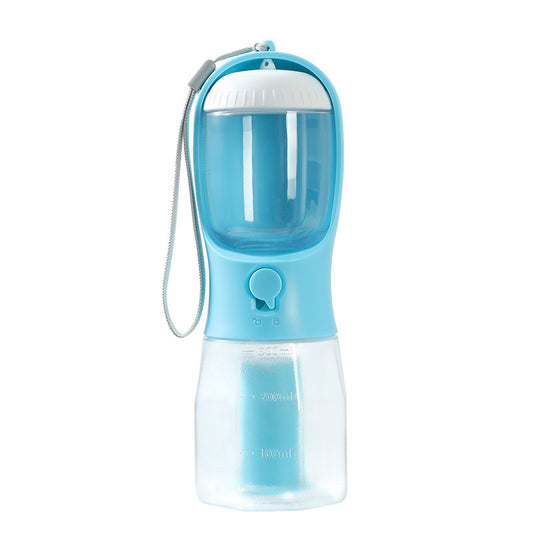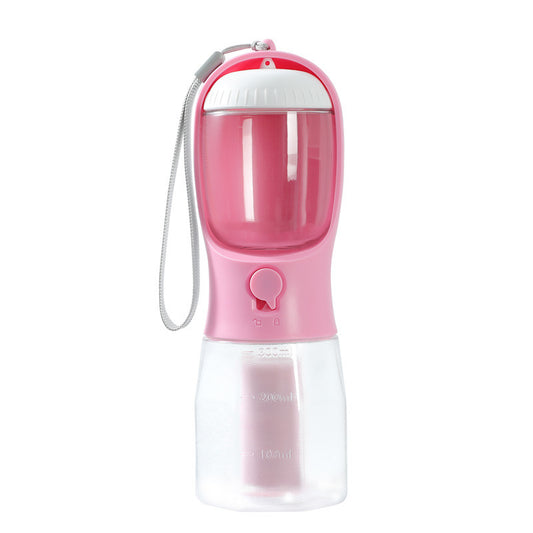Do’s and Don’ts: Human Food for Dogs
Why Owners Share Food With Dogs
✅ Do: Offer Dog-Safe Whole Foods in Moderation
Some foods are extremely dangerous for dogs and should never be part of their diet:
-
Chocolate – Contains theobromine, which is harmful for dogs.
-
Grapes and raisins – May lead to kidney failure.
-
Onions and garlic – Can destroy red blood cells.
-
Xylitol (found in sugar-free gum and snacks) – May cause a severe drop in blood sugar.
-
Alcohol and caffeine – Even small amounts are dangerous.
If your dog accidentally eats any of these, call your vet or a pet poison helpline right away.
✅ Do: Use Leftovers Wisely
If you plan to share leftovers with your dog, make sure the food is plain. Avoid anything with seasoning, sauces, butter, or extra salt. A few bites of boiled vegetables or unseasoned meat can be acceptable.
Stay away from fatty meats, bones, or fried food. These items can lead to serious health problems like choking or pancreatitis.
❌ Don’t: Feed From the Table During Your Meals
Feeding your dog from the table during mealtime can encourage bad habits. It often leads to begging, breaks training routines, and increases the risk of overeating.
Better option: Set aside a portion of dog-safe food and serve it later in their own bowl. This keeps meals consistent and respectful.
✅ Do: Check Ingredient Labels Carefully
Before offering your dog anything from a package, always check the ingredient list. Many store-bought foods include harmful substances such as onion powder, xylitol, or excessive salt.
When you’re unsure, it’s best to stick with fresh, unprocessed items. For example, a slice of plain apple is far safer than giving your dog a piece of apple pie.
❌ Don’t: Assume Your Dog Can Eat What You Eat
Just because a food is good for you doesn’t mean it’s good for your dog. Foods like avocado, macadamia nuts, salty snacks, and most dairy products can cause issues.
Even a small amount of a harmful ingredient can lead to serious health problems, regardless of your dog’s breed or size.
✅ Do: Speak With Your Vet About Human Foods
Before making changes to your dog’s diet or adding human food regularly, speak with your veterinarian. Age, weight, breed, and health conditions all influence what your dog can safely eat.
A quick conversation with your vet can help you avoid mistakes and create a feeding plan that fits your dog’s needs.
Final Thoughts
Feeding your dog human food can be safe and even beneficial when done with care. Always choose ingredients that support your dog’s health, and avoid anything questionable. Each bite should be an act of love and responsibility.
Your dog depends on you to make smart choices. Keep every meal safe and thoughtful.
Explore more:
Browse All Dog Feeding Products
Explore our premium Feeding tools and find the perfect solution for your dog.
View All Feeding Products









